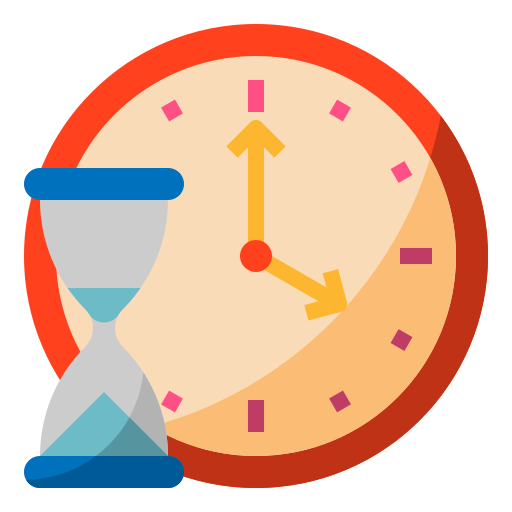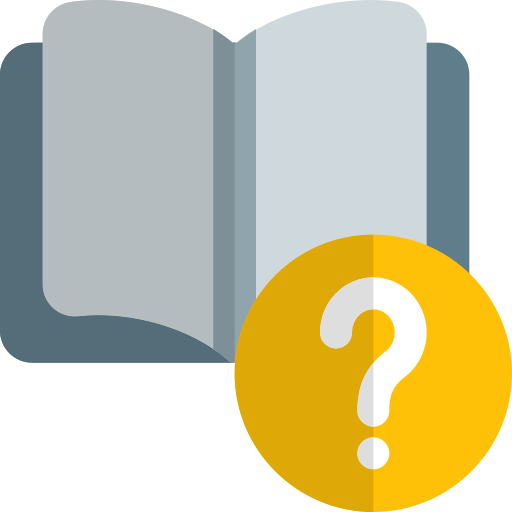Course Syllabus
Welcome to InfoSec (14741)
***If you feel unwell, please stay home, take care of yourself, and get medical help if needed.***
Class Time and Location
Section A T Th 09:30 am – 10:50 am Eastern time CIC DEC (1201)
Section B T Th 09:30 am – 10:50 am Eastern time INI DEC
Friday Recitation
Section A F 11:00 am – 11:50 am Eastern time CIC DEC (1201)
Section B F 11:00 am – 11:50 am Eastern time INI DEC
Please download the FULL version of the course syllabus: 14741-syllabus-f23.pdf
We use CampusWire for discussion, Q&A, and course announcements.
-
- You should receive an email invite, if you did not receive an invite, please let us know
- For further guidance on using Campuswire and expectations, click here
We use Canvas for handing out assignments, lecture slides, and access to your grades.
Class recordings
Recordings become available 24-48 hours after class. Click here for details.
Submissions
-
- HW submissions should be on Gradescope.
- All other submissions are on Canvas.
 Instructor: Dr. Hanan Hibshi (hhibshi at cmu : edu)
Instructor: Dr. Hanan Hibshi (hhibshi at cmu : edu)
Office hours
-
- In-person, walk-in: Tuesdays 2-3 pm Eastern Time at Dr. Hibshi's office; the INI Building room, 123
Group Meetings with TAs
You will be assigned a TA mentor for weekly check-in meetings for progress on assignments.
Please check campuswire to know your group assignment with TAs.
Please click here for meeting times and Zoom links (TBD).
Homework Open General Office Hour on Wednesdays 8-10 pm @ CIC1301
Attendance is optional; Please use CMU OHQ to queue yourself for the office hour with one of the TAs.
 Deadlines, Extensions, and Flexibility
Deadlines, Extensions, and Flexibility 
Your health and mental well-being come first, and we understand that life events happen. We offer the following flexible arrangements:
- Participation polls: We drop the lowest three grades in participation polls, so students can miss up to three classes without an impact on their participation grade.
- HW assignments: We offer five grace days that a student can use when needed; students can also gain grace day credit by submitting early click here for more details.
- For Emergencies and special accommodations, please contact the instructor.
 Short Guide
Short Guide
Schedule of topics/due dates in PDF
List of reading to complete before class (Modules)
Lecture slides/assignments/quizzes (Modules)
CTF Server Connection Guides(Windows, Linux/Mac)
Interacting with CTF problems using Python
Additional books and resources (including CTF resources)
 CMU Library
CMU Library
All of the articles are provided free of charge and can be accessed either directly from the provided links, or via the CMU Libary.
 Peer Discussion and Academic Integrity
Peer Discussion and Academic Integrity
Students are encouraged to talk to each other, to the T.A.(s), to the instructor, or to anyone else about any of the homework assignments. Any assistance, though, must be limited to discussion of the problem and sketching general approaches to a solution. Each student must write out their own solutions to the homework. Consulting another student’s solution is prohibited and submitted solutions may not be copied from any source. These and any other form of collaboration on assignments constitute cheating. Any form of collaboration is strictly prohibited on the quizzes and is considered cheating. If you have any questions about whether some activity would constitute cheating, please feel free to ask. Cheating on an assignment/exam will result in failure of the course, and the university administration (department, college) will be notified per the appropriate procedures.
Simply stated, feel free to discuss problems with each other, but do not cheat. It is not worth it, and you will get caught.
Since the class allows for high-level discussions among students and to be clear we will provide examples below of what is/isn’t high-level discussion. When in doubt about whether a discussion is allowed or not, please reach out to the instructor and/or the TAs.
The following are examples for what is considered high-level discussion:
- Mentioning/explaining GENERAL syntax. For example, how to “pipe” between C and Python.
- Explaining Unix/Linux commands
- Mentioning/explaining a good tool for debugging
- Explaining the content from the book/lecture
- Providing websites for tutorials or general information that would enhance everyone understanding
- Sharing hints that originally came from TAs (TAs provide hints in recitations, office hours etc.)
The following are examples for what is NOT considered high-level discussion and will result in an Academic Integrity Violation (AIV):
- Sharing code to be used for the solution
- Sharing detailed “how to’s” for solutions
- Sharing quiz codes
- Sharing CTF Flags
- Providing specific details about what to write and what to change in the code
- Looking at each other’s code (in-person, online, etc.)
 Regrets
Regrets
In life, we all make mistakes and learn from them because, in the end, we are humans. To support students in learning from negative experiences, this course uses the regrets policy.
If a student cheats or gets involved in an AIV action, but they regret their decision afterward, then they have the chance to repair the situation before it gets escalated and an AIV report is filed. Keep in mind that the student needs to report the incident/action to the instructor BEFORE the action is flagged by the instructor or TAs. We will delete the submission from our records (if we can). The student will get a zero on the assignment with no further questions asked and no AIV report to the university. Please note that getting a zero on the assignment would not impact a student's performance in the course, but an AIV would cause a student to fail the course and the action would be reported to the university.
 Note on Use of AI Tools
Note on Use of AI Tools
You are welcome to use generative AI programs (ChatGPT, DALL-E, etc.) in this course. These programs can be powerful tools for learning and other productive pursuits, including completing some assignments in less time, helping you generate new ideas, or serving as a personalized learning tool.
However, your ethical responsibilities as a student remain the same. You must follow CMU’s academic integrity policy. Note that this policy applies to all uncited or improperly cited use of content, whether that work is created by human beings alone or in collaboration with a generative AI. If you use a generative AI tool to develop content for an assignment, you are required to cite the tool’s contribution to your work. In practice, cutting and pasting content from any source without citation is plagiarism. Likewise, paraphrasing content from a generative AI without citation is plagiarism. Similarly, using any generative AI tool without appropriate acknowledgment will be treated as plagiarism. If you use one or more GenAI tools in an assignment or project, you are required to document exactly how you used it (e.g., provide the specific prompts you used, show the output that was generated, and discuss how you went about reviewing/correcting/adapting the responses you received). To avoid interfering with the flow of your assignment/project report, please provide all this information in one or more appendices and briefly reference them in the body of your text. Whether you use GenAI or not, you are always expected to substantiate any claim you make and any statistics you provide with adequate citations.
Please download the FULL version of the course syllabus: 14741-syllabus-f23.pdf
Course Summary:
| Date | Details | Due |
|---|---|---|